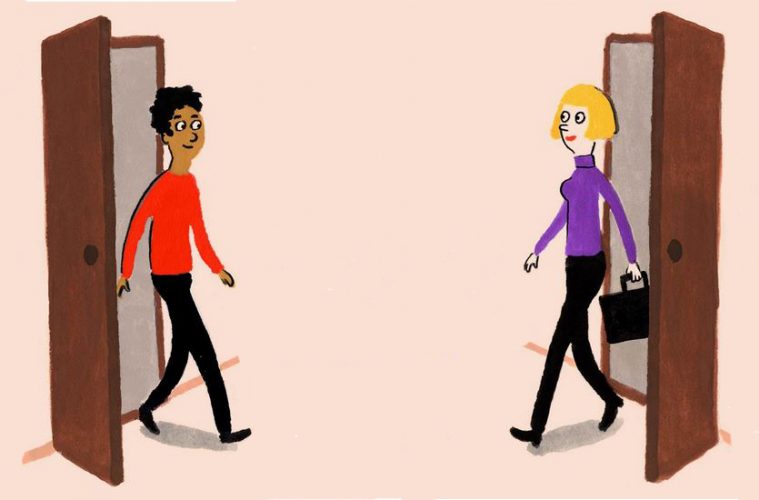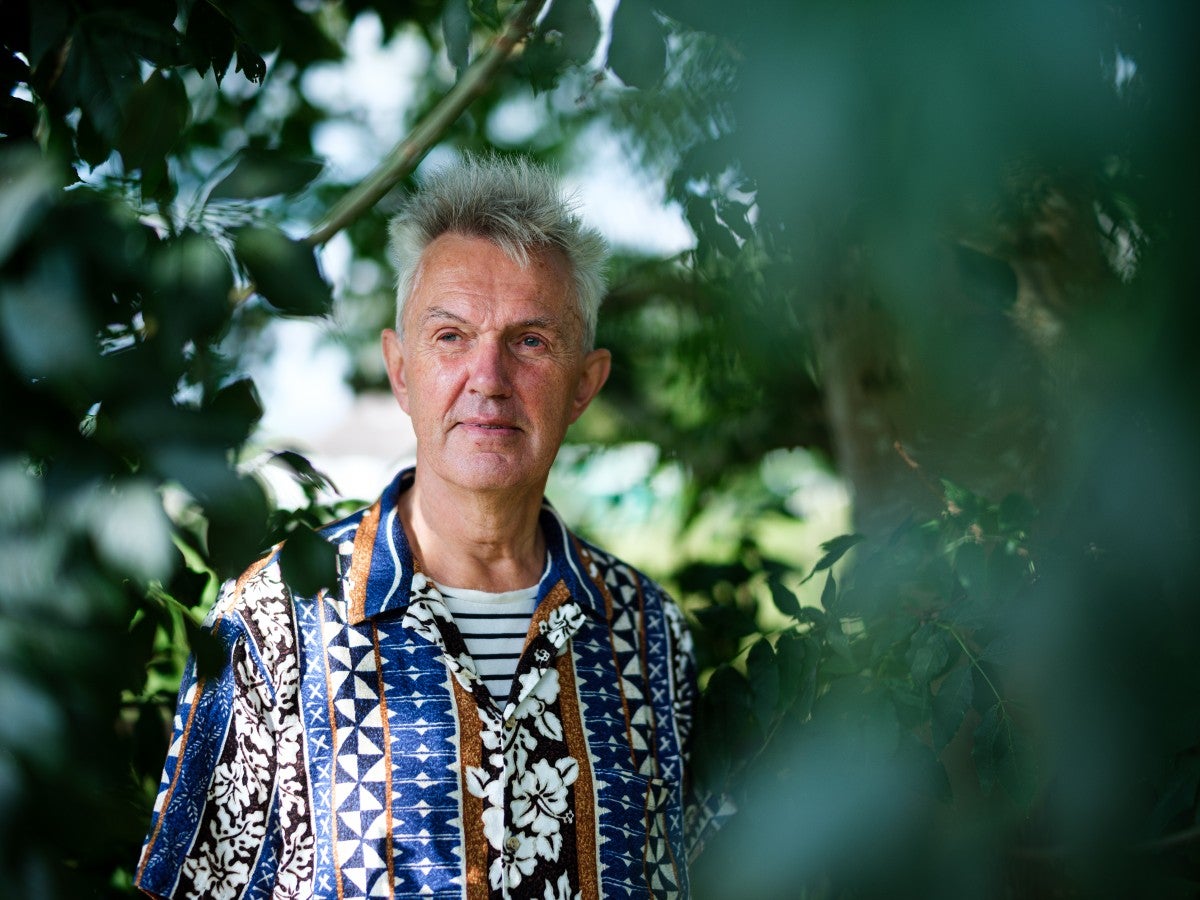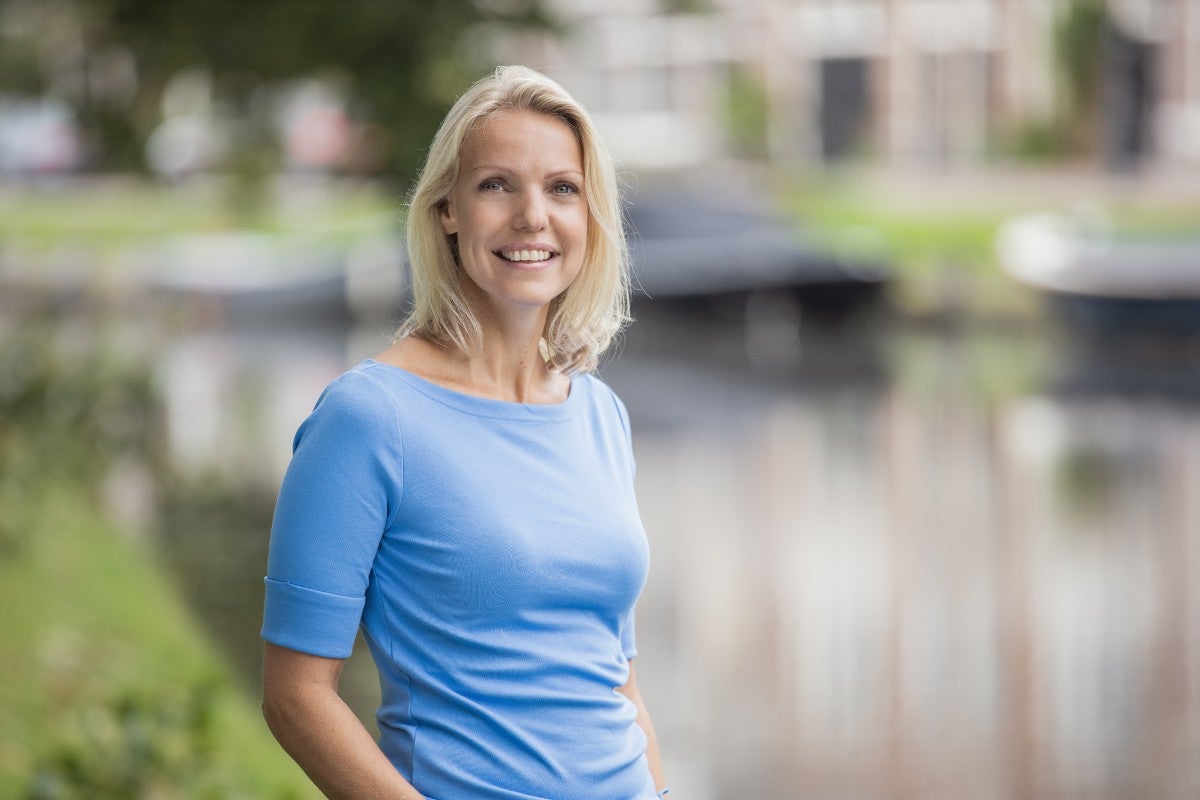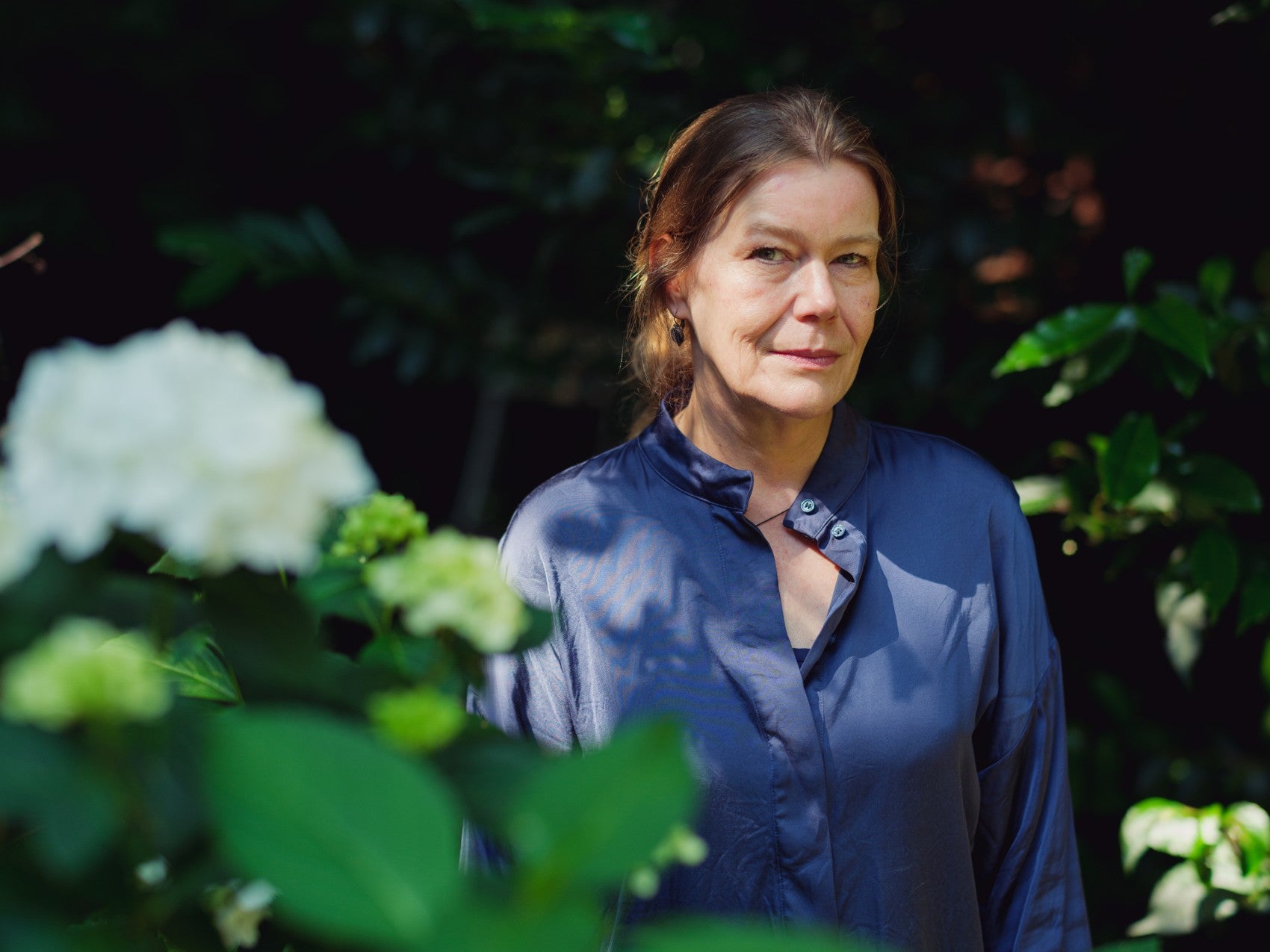In his documentary ‘White is a Colour Too’, diversity researcher Maurice Crul explains that every day, we help sustain segregation through all of our actions, whether big or small. To find out more, we interviewed him and his colleague Sinan Çankaya to find out which big or small actions we can take to fight segregation. And by ‘we’, we mean people of every colour and background. ‘Humour is extremely important.’
I once heard that we all prefer to sit next to someone who looks like us in the train. Since then, I deliberately sit next to someone with a very different age or skin colour than myself. I try to make eye contact and greet them politely, and then I read the paper. White parents who send their children to majority-minority schools are praised for their courage. School choice can be a major dilemma for some families. But what does it matter where you sit in the train? Perhaps some readers might be thinking: what did I just read?!? You’re describing us as if we were a completely different species!
But this is just one small example. I asked cultural anthropologist Sinan Çankaya and sociologist Maurice Crul for their thoughts on the matter. Crul is a Professor of Diversity and Education. He recently received a major European subsidy to study what it means when native-Dutch people become minorities in their own neighbourhood or city. Personally, he believes it is important to put differences into perspective. “People often say that the issue of diversity leads to tension in society. I think that humour is an important tool. I like to play with the stereotypes that people from Turkish, Surinamese or Moroccan backgrounds have of ‘white’ Dutch people.
Calmly stealing a bicycle
University lecturer Sinan Çankaya has conducted a major study of offender profiling among the police. This is a common occurrence, but it is counter-productive rather than effective. ‘Watchful citizens’ also use offender profiling: when they see a dark-skinned young person fiddling with a bicycle lock, they call the police, but when they see a young white male doing the same, they assume he’s lost his key. Both assumptions can be wrong, of course. A negative side effect of offender profiling is that the mistrustful treatment can make whole segments of the population feel like second-class citizens.
Çankaya even observed that his objectivity was questioned when he presented the results of his research. He was asked: ‘You’re Turkish yourself, so how objective are your findings?’ But why would a Dutch person be inherently more objective? Discrimination is ever-present, even in the academic community. And in the job market in general, it is better to have a criminal record than a non-Western background. That’s insane!
At the workplace
Nevertheless, the researchers have observed some positive developments. At the police, where Çankaya acts as a consultant, they increasingly understand that officers from different cultures offer added value. The Dutch police have recently begun accepting that officers speak to their neighbourhood contacts in their native languages. Until recently, that had been discouraged. Crul: “Commercial companies also understand that employees who are at home in different cultures can help them to enter new markets.”
A study by the CBS shows that the Dutch do not like discrimination, but that many people think minorities are too quick to play the ‘discrimination card’. So what can be done about the problem? Crul: “Basically, it’s about creating a more equal playing field. By starting education earlier and waiting until later to decide what level of secondary school to go to, you can create more equal opportunities for children, regardless of their backgrounds.”
But what can you and I do in our daily lives?
Develop your awareness
“It all starts with developing your own awareness that your background determines how you look at things”, says Crul. “And that other people might see things differently. That doesn’t mean that people with a different background will always see things differently, however. That’s the biggest pitfall; automatically assessing people based on their ethnic or religious background. It’s all about sensitivity; the idea that the world as you see it is not necessarily how other people see it. It might sound complicated, but really it’s just about being open to other ways of experiencing things, and of doing things.”
Crul gives an example. “My mother passed away last year. All of my good friends called me with their condolences, regardless of their ethnic backgrounds, and we talked about my mother and the relationship that I had with her, and what she meant to me. But what I noticed was that there was a difference in the reactions of the people who weren’t as close to me. My Dutch acquaintances usually sent an e-mail; some short, some long. But my acquaintances from Turkish or Moroccan backgrounds were more likely to call or to offer to bring me food. I appreciated both, and immediately realised that when some of my Turkish or Moroccan acquaintances had a death in the family, I had also sent them an e-mail. So I thought: next time I’ll call instead.”
Children watch their parents
Take a moment to reflect on how you raise your children, if you have any. Crul explains: “My two children were raised in a family where people from different backgrounds and from all over the world regularly come to visit. We’ve recently had a lot of guests from Syria, for example. Part of that is due to our circle of acquaintances, and part because of the work that we do. Children naturally watch their parents and see how they deal with people. As a result, our children also have a very diverse group of friends. On the one hand, they are fully aware of the differences, but at the same time it’s a normal fact of life to them. The city where they grew up has always been very diverse, which is a lot different for people from my own generation.”

>Do you have any concrete examples or advice on how to prevent yourself from discriminating or being discriminated against? Have you experienced how it should be done – or how not to do it? Expertise based on your work? Leave your comments below!
> A concrete activity that you can do yourself: coach a student with a multicultural background via Meet Your Mentor
CONTENTTITEL
Pride
My mother is a housekeeper. My father makes duvets. My father has a slightly bent spine, and my mother has a hernia. When she walks, she has to stop and rest a lot. Neither one finished primary school. My grandfather came to the Netherlands first, went back for my father, who went back and brought my mother. And then we came. A classic immigrant story.
We were expected to always do our best in a country that had taken their pride, and eventually their dreams. They never saw the promised land. Now the children are expected to make their parents proud.
But that’s easier said than done. In the American television series Master of None, produced by Aziz Ansari and Alan Yang, the Indian-American Dev and the Taiwanese-American Brian have the following conversation.
“My father never used the word ‘proud’”, says Brian. “It’s always: is that all, is that all you’ve done? If I were to go to the moon, he would seriously ask: when are you going to Mars?”






